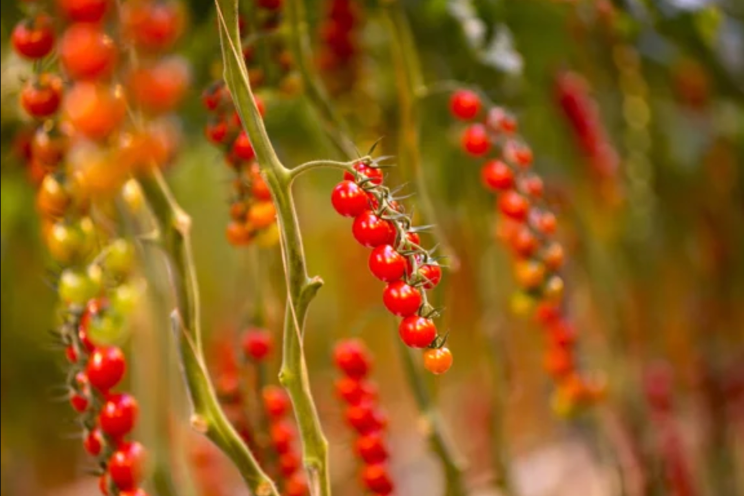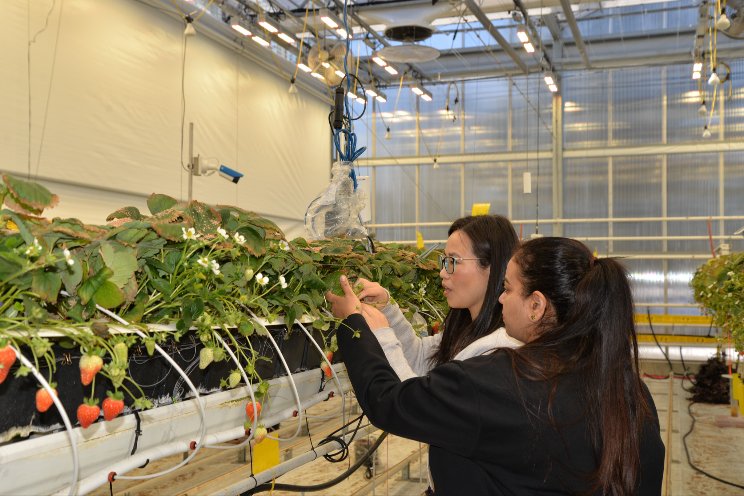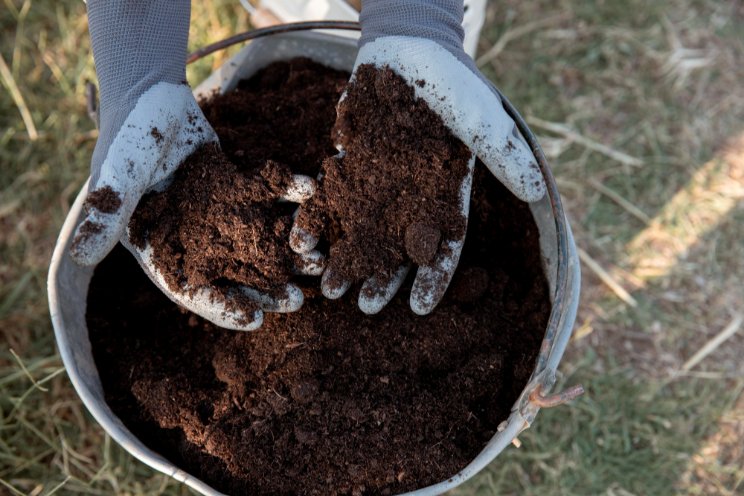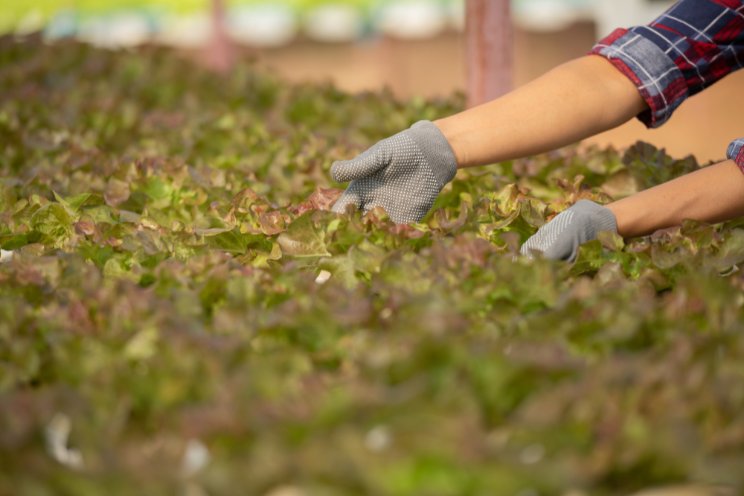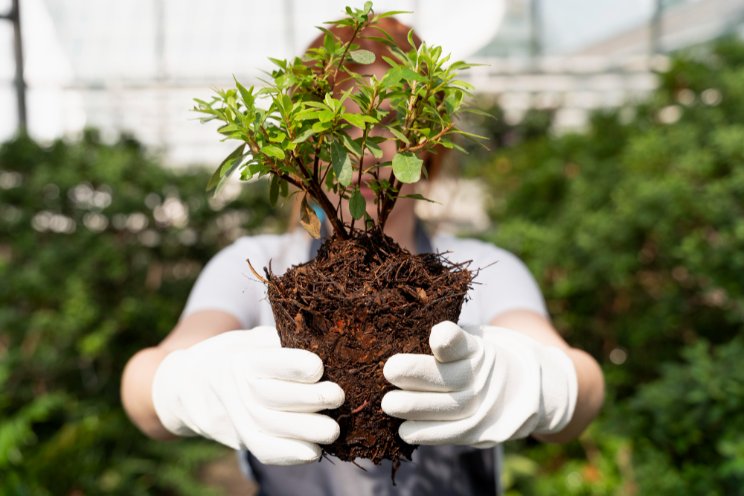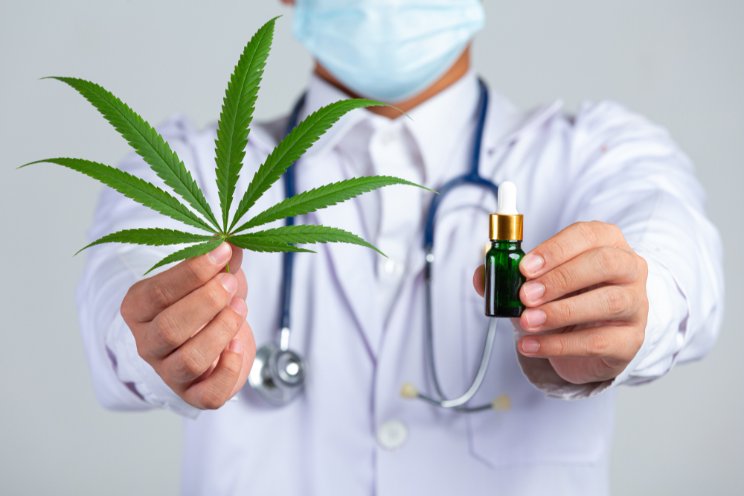Measures ensure food security
Added on 04 May 2020
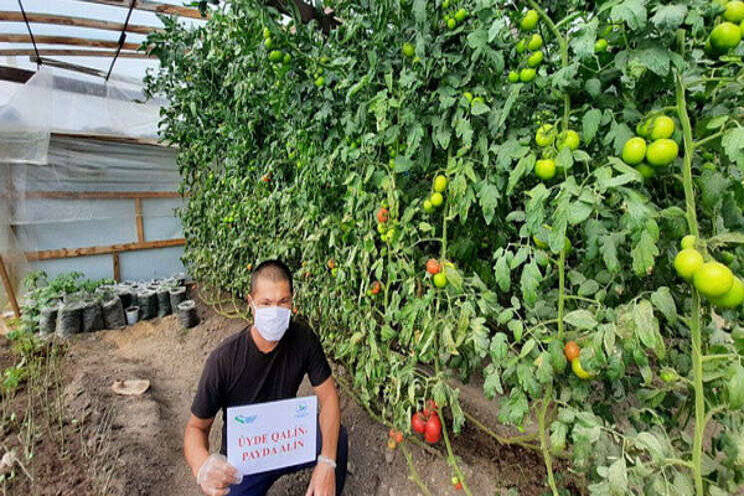
In conditions of self-isolation of the population, priority issues include issues of ensuring food security. Now more than 1000 families in the pilot areas of the project were able to build their own greenhouses, i.e. 5000 people - family members of the owners of these greenhouses now have income, without leaving home. In the near future, we plan to assist in the construction of another 2,000 small greenhouses, which will create 2,000 jobs at home, as well as 10,000 people access to vegetable and melon products, Bakhyt Aybergenov, a UNDP project specialist, implemented jointly with Uzhydromet, said.
In recent years, Uzbekistan has adopted a number of documents on the effective use of household plots by the population, and amendments have been made to individual laws. According to statistics, the owners of such plots are able to get 2-3 crops per year, one family earns from 50-60 million on average from 8-10 acres of land, and some up to 100 million soums. With the assistance of UNDP, 630 gravity drip irrigation systems were transferred to 630 homeowners, members of livestock production cooperatives.
This technique allows a significant amount of water resources to be saved, which is important in the arid climatic conditions of Karakalpakstan. More than 1260 jobs have been created in this sector. This year it is planned to provide 2000 units. of such systems to residents of the pilot districts of the project, which will provide another 2,000 people with employment on personal land, as well as more than 10,000 people will gain access to the products of vegetable and melon crops.
Moreover, owners of livestock cooperatives can produce green food at home all year round. They are assisted in this by hydroponic plants with the capacity of such feeds in volumes of 40, 80, 120, and 500 kg / day. In 2019, under the project, 8 such units were provided, with a total capacity of 540,200 kg of fresh green fodder. This amount allows to feed up to 100 cattle per year. The kit also includes electrolysis devices. Every day they are able to produce up to 80 liters of sodium hypochlorite - a disinfectant for disinfecting grain used in the production of green feed.
These days, the chairmen of the pastoral cooperatives "Ajiniyaz Jaylawlari" of Muynak district and "Bozatau Jaylawi" of Bozatau district, together with specialists from the district centers for state and epidemiological surveillance, disinfect social facilities and also provide sodium hypochlorite to local residents to prevent the spread of coronavirus infection.
But most importantly, farmers need water. UNDP, together with the Canadian Foundation for Local Initiatives, plans to install high-saline water purification systems using reverse osmosis technology with a capacity of 6 m3 / h in the Koksuu rural gathering of citizens of Bozatau district during the year. 3955 people live in this village. Just two hours of operation of such a system is enough to provide clean drinking water to all residents. The rest of the time the system will be used for irrigation of personal land.
At the same time, in normal practice, the brine remaining from water purification is discharged into the sewer or into the collector-drainage system, worsening the quality of the water. In this case, it is planned to establish the production of disinfectant from brine, which will solve both the environmental problem - eliminate the pollution of irrigation water, and the problem of providing local residents with disinfectants to prevent the spread of viruses and infections.
The measures proposed for the districts of Karakalpakstan make it possible to solve food security issues in the region, as well as ensure the careful and efficient use of water and land resources in conditions of severe water shortage and high risk of drought.
Source and Photo Courtesy of UZ Daily
Source: Uz Daily
More news
